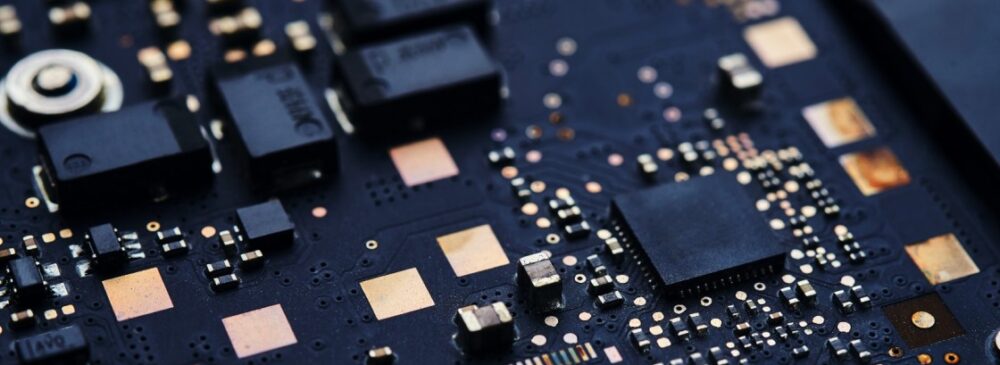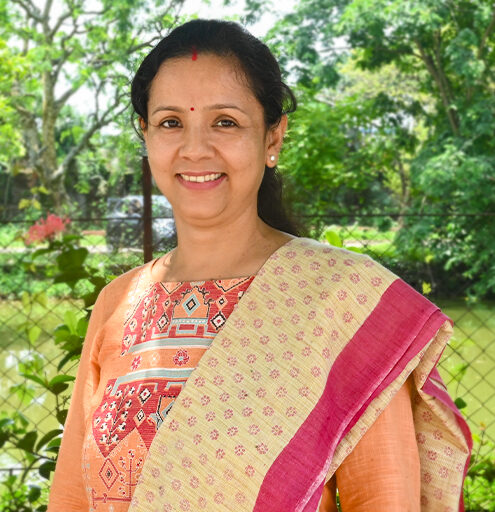
A Doctor of Philosophy (Ph.D.) in Electronics and Communication Engineering (ECE) is the highest level of academic degree in the field. It is a research-focused program that enables students to contribute to advancing knowledge in ECE through original and independent research work. The Ph.D. program in ECE typically takes four to five years to complete, although the duration may vary depending on the individual’s research progress.
During a Ph.D. in ECE program, students undertake in-depth research in a specific area of ECE under the guidance of a faculty advisor. They are expected to make a significant and original contribution to the field through their research work. The research topic may encompass Advanced Electronics, Communication Systems and Networks, Signal Processing and Image/Video Processing, VLSI and Embedded Systems, Photonics and Optoelectronics, etc.
Students are expected to publish their research findings in reputable conferences and journals during the Ph.D. program. They are also encouraged to participate in national and international seminars, workshops, and conferences and to discuss their work with peers and experts in the field. Additionally, students may be involved in teaching or mentoring undergraduate students as part of their academic responsibilities. Upon completing the Ph.D. program, graduates are conferred with a doctoral degree. They can pursue academic careers as faculty or researchers in industry, government research organizations, or technology consulting firms. The skills developed during the Ph.D. program, such as critical thinking, problem-solving, and advanced research methodologies, prepare graduates for leadership positions and contribute to the advancement of the field of ECE.
The following criteria are eligible for any candidate to seek admission to the Ph.D. programme to GCU (Assam):
Note: The eligibility marks of 55% (or an equivalent grade in a point scale wherever grading system is followed) and the relaxation of 5% to the categories mentioned above are permissible based only on the qualifying marks without including the grace mark procedures, if any.

A Doctor of Philosophy (Ph.D.) in Electronics and Communication Engineering (ECE) is the highest level of academic degree in the field. It is a research-focused program that enables students to contribute to advancing knowledge in ECE through original and independent research work. The Ph.D. program in ECE typically takes four to five years to complete, although the duration may vary depending on the individual’s research progress.
During a Ph.D. in ECE program, students undertake in-depth research in a specific area of ECE under the guidance of a faculty advisor. They are expected to make a significant and original contribution to the field through their research work. The research topic may encompass Advanced Electronics, Communication Systems and Networks, Signal Processing and Image/Video Processing, VLSI and Embedded Systems, Photonics and Optoelectronics, etc.
Students are expected to publish their research findings in reputable conferences and journals during the Ph.D. program. They are also encouraged to participate in national and international seminars, workshops, and conferences and to discuss their work with peers and experts in the field. Additionally, students may be involved in teaching or mentoring undergraduate students as part of their academic responsibilities. Upon completing the Ph.D. program, graduates are conferred with a doctoral degree. They can pursue academic careers as faculty or researchers in industry, government research organizations, or technology consulting firms. The skills developed during the Ph.D. program, such as critical thinking, problem-solving, and advanced research methodologies, prepare graduates for leadership positions and contribute to the advancement of the field of ECE.
The following criteria are eligible for any candidate to seek admission to the Ph.D. programme to GCU (Assam):
Note: The eligibility marks of 55% (or an equivalent grade in a point scale wherever grading system is followed) and the relaxation of 5% to the categories mentioned above are permissible based only on the qualifying marks without including the grace mark procedures, if any.
If you are someone wanting to get involved with the intricacies of structural building and all its accompanying processes, then a degree Electronics and Communication Engineering will equip you with all the necessary skills and professional qualification in this way forward.
| Sl no. | Particulars | Fee Structure (in Rs.) for up to 3 years (1 year Course work + 2-year research work) | |||
| Admission Fee/Enrolment Fee (Applicable to all Ph. D) | For GCU Employees | For Others | Other charges (Examination, Thesis submission, Viva voce etc.) | ||
| 1 | At the time of Admission [A] | Rs. 50,000 | |||
| 2 | Course work fee (1st and 2nd Semester) [B] | Rs. 25,000/ Semester | Rs. 25,000/ Semester | ||
| 3 | Semester fees (3rd Semester onwards) [C] | Rs. 20,000 / Semester | Rs. 40,000/ Semester | ||
| Over all Total for 3 years (1+2) | [A+B+C] Rs. 1,80,000/- | [A+B+C] Rs. 2,60,000/- |

